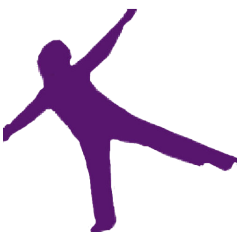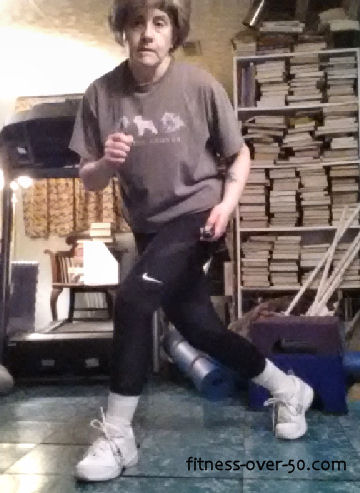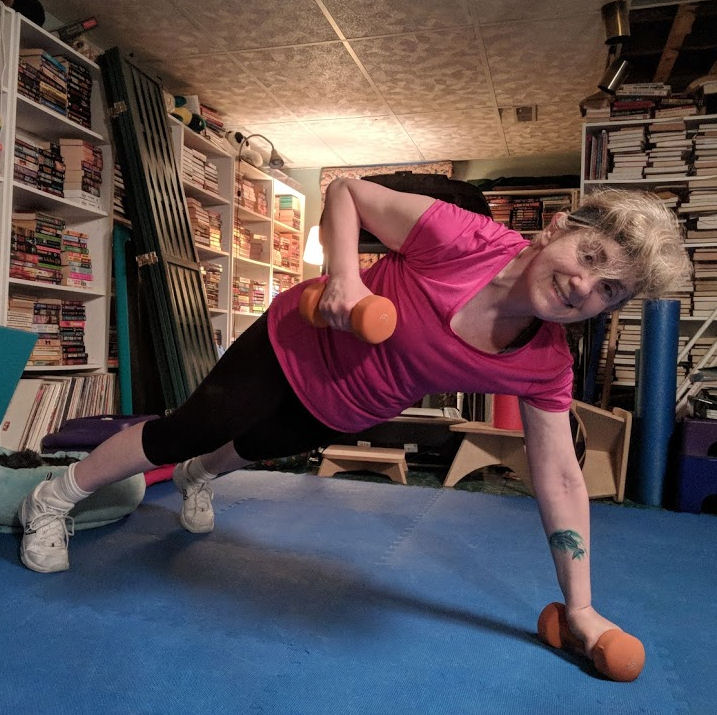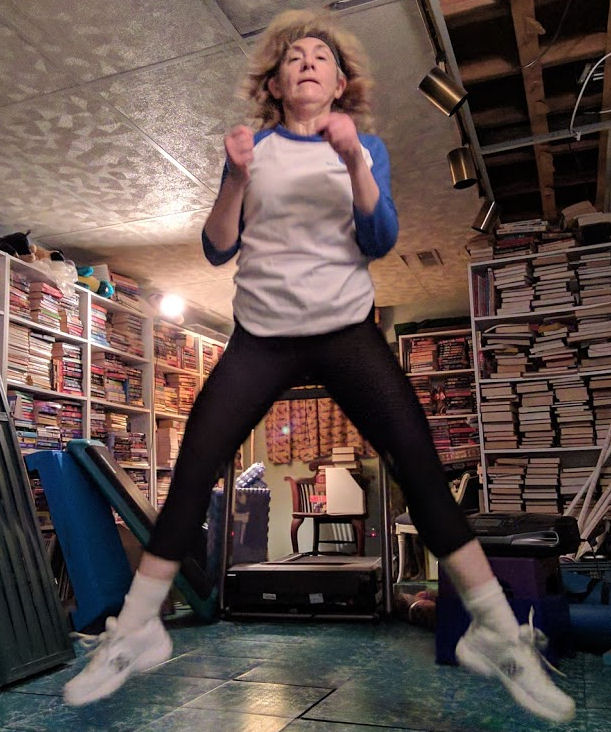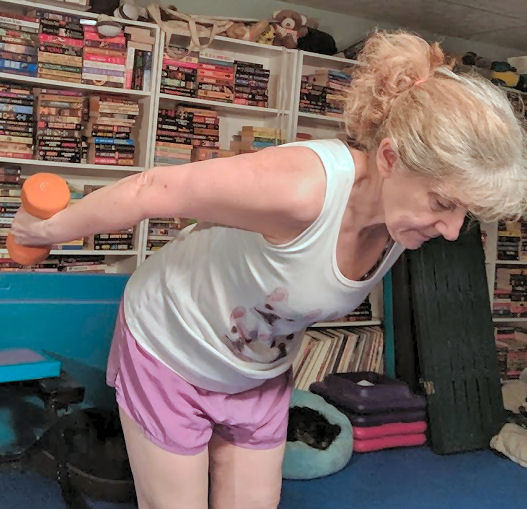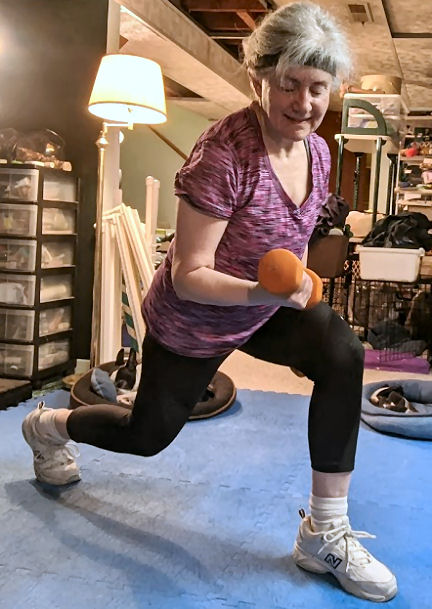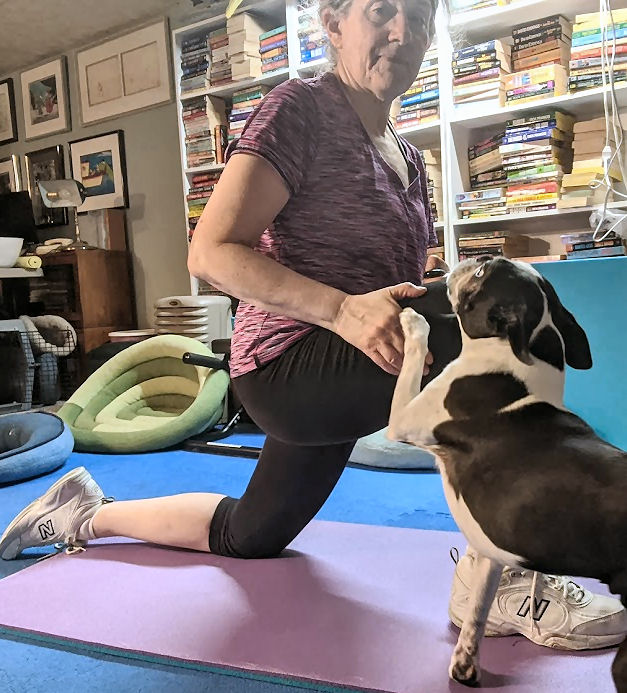I include some core exercises every time I work out. It’s not that I particularly enjoy them (I don’t). Or that they feel good (they don’t). But a strong core means that my back doesn’t hurt as much – or at all. And a strong core means that I’m less apt to fall. A strong core means a happier me. Consequently, this means that improving core strength is crucial for healthy aging.
A few years ago I fell on an uneven sidewalk, triggering incredibly painful hip bursitis and sciatica. I couldn’t move normally for weeks, and needed physical therapy to get back to some activities I enjoy. As a result, while I was sidelined, I researched ways to prevent falls. I discovered that falling is a common problem with the elderly – fully 25% of people over 65 in the US fall and require medical assistance. With a little more research, I discovered that having a strong core is the solution to many ailments that prevent seniors from living a full and active life.
What is the core?
Your core is much more than your abdominal muscles – your “6-pack.” Sure, your core includes that, as well as everything else in your torso and further down, including your hips, lower back and backside. Stabilizing your pelvis and spine, helping your body maintain posture as well as keeping us mobile are just a part of what your core is used for. 35 different muscles in your core “keep you upright and strong.”
Your core helps balance
You know that I emphasize balance. (Get your Week of Balance for tips on improving your balance.) Your core helps to keep you upright and stable, which maintains your balance. And your core will help you navigate uneven surfaces. If your core is too weak, you won’t have a chance of adjusting your pace or posture.
Your core helps your posture
I see many older people with rounded spines who walk with canes. I want to walk upright. My core helps with that – it includes all the muscles that wrap around my spine. If those muscles are strong, they can hold me upright, even when I’m sitting. If I’m upright, my head is held high and my self-confidence grows. Likewise, if I’m upright, I’m breathing better. Try this: sit in a chair, pull in your stomach and sit up straight. And breathe normally for 10 seconds. Now slump – the way you usually do – and breathe. Harder, isn’t it?
Strong core for a strong back
Ever have sciatica? It hurts. A lot. Shooting pain from your lower back down your leg. And how’s your lower back? When you get up from a chair do you hang onto your back because it’s so painful? Strengthening your core will help you back. Just sucking in your stomach (practice this – it may take you a little while to get the hang of it) when you’re standing up really helps too. Try it: when you’re sitting in a chair and are getting ready to stand up – even if you’re using the chair arms or a table to hang onto for support – suck in your stomach, plant your feet and push off. Better, right?
Everyday activities
So, your core holds you up and it helps you get up. It stands to reason that a strong core will help you in all your daily activities. Getting into and out of a car, walking around a grocery store, bending to put groceries in your car and take them out.
Strong core for healthy aging
Are you convinced that your core is the key to living a normal life without having to worry about falling? Without worrying about how to stand up from a chair? And without planning how to get in and out of your car? If I’m three rooms away and discover that I left my water glass in the kitchen – after I sat down, I just stand up and get it. Not thinking about how to do everyday things should not be a luxury. A strong core really does lead to life without limits.
How to get one
So – how do you strengthen your core? You’re convinced that you need a strong core, but don’t know how to start? Good news – crunches are not mandatory, and neither are planks. These are two very effective exercises for strengthening your core muscles, but they’re certainly not the only ones.
And if your doctor has told you that you should lose some weight – don’t wait to start strengthening your core. You do have muscles under there, so start working them.
Suck it in
Start with sitting in a chair and pulling in your stomach muscles. Hold it … for 15 seconds, release and do it again. And one more time.
Leg lift
Still sitting, with your stomach pulled in and not holding on if you don’t have to, raise one leg with the knee bent. Moderate speed, then put it down carefully. And the other leg. 12 times.
If you can do this exercise with your leg straight, go for it.
Leg circle
Sitting or standing with your stomach sucked in, draw a half-circle on the floor with your toe, leg extended. If you’re standing, you can hang onto the back of a chair or the wall for balance. 8 each side.
Knee pull
Standing – you can hang onto the back of a chair or the wall for this – while your stomach is still sucked in, pull your knee up to your chest and put it down.
Balance exercises
All of the balance exercises in the Week of Balance utilize your core without your realizing it – take advantage of the benefits of these exercises.
That’s just a start – there are so many more core strengthening exercises. All to help your balance, posture, breathing, health. Get a strong core for your healthy aging.
